Announcing the 2019-20 Undergrad and Graduate Researchers
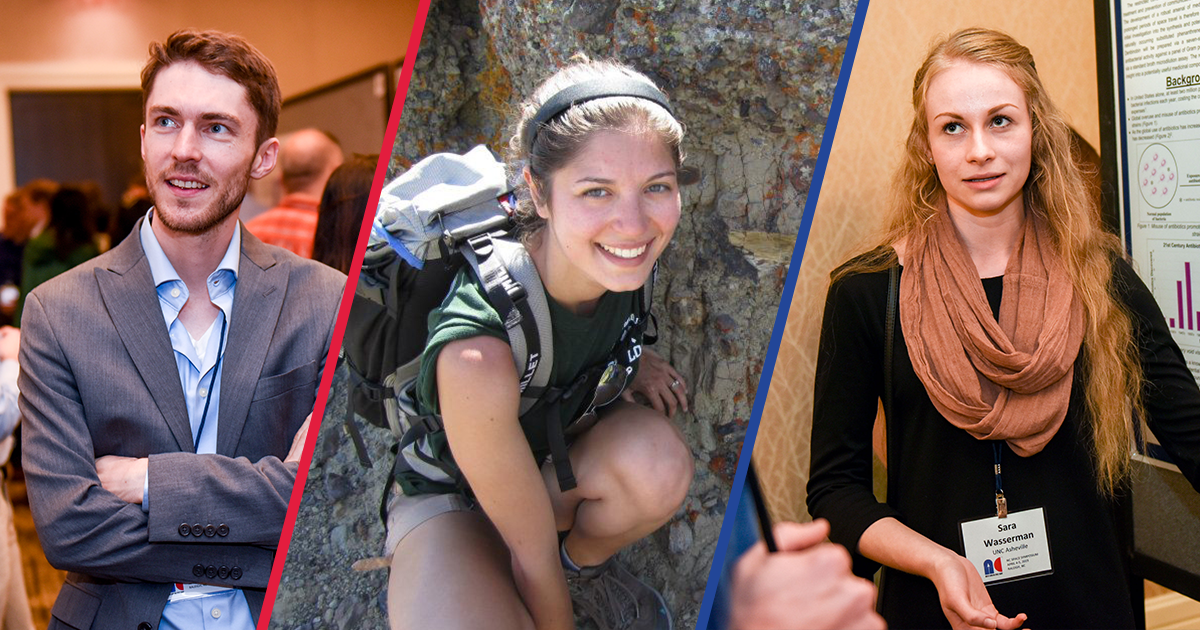
Photo above, from left to right: Patrick Gray, Duke University; Mallory Kinczyk, North Carolina State University; Sara Wasserman, University of North Carolina at Asheville
NC Space Grant is pleased to announce the award recipients of the 2019-20 Undergraduate Research Scholarships and Graduate Research Fellowships. These students represent 11 North Carolina universities across the state and will be researching a wide range of science, technology, engineering and mathematics (STEM) disciplines pertinent to the aerospace and aviation fields.
From machine learning in aerospace engineering to new sensors to monitor lightning strikes on aircraft to meeting the dietary needs of astronauts, the diverse Undergraduate Research Scholars’ projects will engage the future STEM workforce in basic or applied aerospace-related research projects. The research process will also facilitate the development of mentor relationships between students, faculty and the NASA community. The Graduate Research Fellows will explore questions ranging from what remotely sensed satellite data can tell us about hurricane and floodwater impacts on our planet, to what new materials can be investigated for use in astronaut suits, as we travel farther and farther beyond our planet. These future explorers will participate in an active, in-depth research activities in aerospace and aviation science and technology.
Please join us in congratulating these new scholars and fellows!
Undergraduate Researcher Scholars
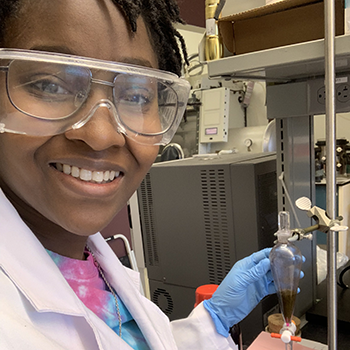
Elizabeth Blenk, North Carolina State University, aerospace engineering major: Machine Learning Applications for Aerospace Engineering
Shayla Chavis, North Carolina Central University, chemistry major: Design of Boron Subphthalocyanine Functionalized Polymers for Probing the Direct Through Space Energy Transfers in Closely Spaced Assemblies
Jordan Greene, Appalachian State University, mathematics major: Integration of NASA Micro-pulsed Lidar Network Data Products into the World-Class NASA and NOAA Aerosol Datasets at Appalachian State University
Nicholas Konz, University of North Carolina at Chapel Hill, astrophysics major: Skynet PROMPT Polarimeter Analysis Pipeline
Ryan Lynch, NC State University, mechanical engineering major: Rolling Flying Vehicle Project
Melika Osareh, University of North Carolina at Greensboro, biology and biotechnology major: Analysis of Root Gravitropism in Arabidopsis thaliana Plants
Samantha Rueckeis, NC State University, biochemistry major: Comparing C3 and C4 Microgreen CO2 Usage, Water Uptake and Nutritional Value to Optimize Resources on the Space Station and Improve Dietary Needs of Crew Members
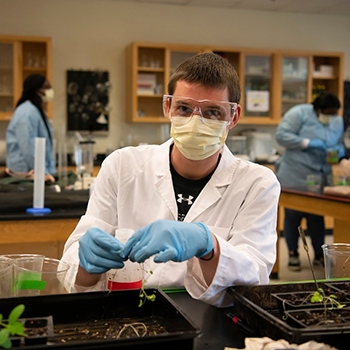
Kaetlyn Ryan, NC State University, chemical engineering major: Fractional g Affects on Arabidopsis Gene Expression
Nathaniel Scott, Appalachian State University, applied physics major: Unifying Automation of Optical Components Within an LTRS Apparatus for Offsite Research
William Smith, Winston Salem State University, biology major: PRONTO: A Standard Method to Evaluate Physiological Responses of Moon Regolith Crops
Daria Talaski, NC State University, mechanical engineering major: Hardware-in-the-Loop Testing and Evaluation of Mass Actuation Systems for Martian Tumbleweed Rover Control
Sara Wasserman, University of North Carolina at Asheville, chemistry major: Aluminum Chloride Mediated Synthesis and Antibacterial Evaluation of the Naturally Occurring Substituted Phenanthrenequinone, Denbinobin
Evan Youngberg, NC State University, aerospace engineering major: Low-Power Sensors for Lightning Strike Monitoring of Composite Aircraft
Graduate Research Fellows
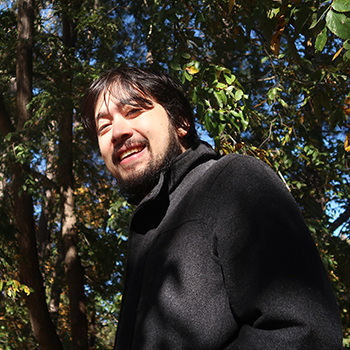
Michael Delos, UNC-Chapel Hill, physics doctoral student: Probing the Early Universe Using Dark Matter Microhalos
Emine Fidan, NC State University, biological and agricultural engineering doctoral student: Using Machine Learning and Remotely Sensed Data to Develop Spatiotemporal Maps of Flood Surge and Retreat
Amy Glazier, UNC-Chapel Hill, astronomy doctoral student: Variations on an Eclipse: Finding the Nearest Circumbinary Planets
Patrick Gray, Duke University, marine science doctoral student: Monitoring Hurricane Impacts and Understanding Coastal Ecosystem Resilience Using Deep Learning and a Tip-and-Cue Approach to Integrate Satellites and Drones
Shreyas Hegde, Duke University, mechanical engineering doctoral student: Multi-Row Aeromechanical Investigation of Compressors for Rocket Engine Turbopumps and Aircraft Engine Applications
Mallory Kinczyk, NC State University, geology doctoral student: Finite Element Modeling of Fault Propagation and Reorientation in Enceladus’ Cratered Terrain
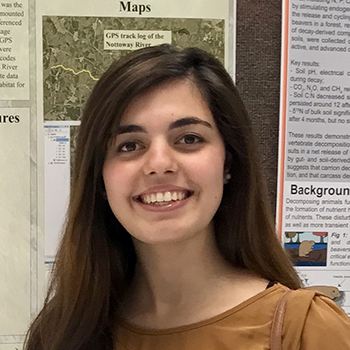
Karley LeCompte, East Carolina University, geography master’s student: Real-time Workflow Development to Capture Intermittent Information of Washover Fans
Justin Morales, NC State University, mechanical engineering master’s student: Multi-Functional Ceramic Composite Reinforced with Boron Nitride Nanotubes for Astronaut Suits
Elizabeth Sarkel, UNC-Chapel Hill, genetics/molecular biology doctoral student: Reactive Oxygen Species Signaling in Root Gravity Response
Kohl Whitlow, University of North Carolina at Charlotte, applied energy/electromechnical systems master’s student: Multipurpose Structure Building Robot
Kyle Woodward, University of North Carolina at Wilmington, geoscience master’s student: Spatial Patterns of Vegetation in Communally Managed African Savannas: Integrating Social Survey Data with Remote Sensing and GIS
NC Space Grant would like to thank the 36 representatives from academia, industry, research organizations and NASA who lent their time and wide-ranging expertise to thoroughly review the students’ proposals.
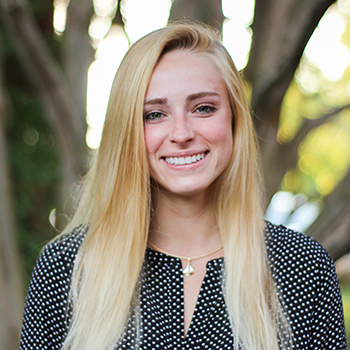
Elizabeth Blenk, North Carolina State University 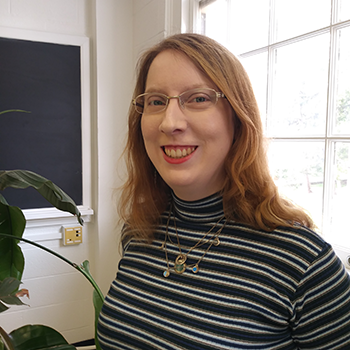
Amy Glazier, University of North Carolina at Chapel Hill 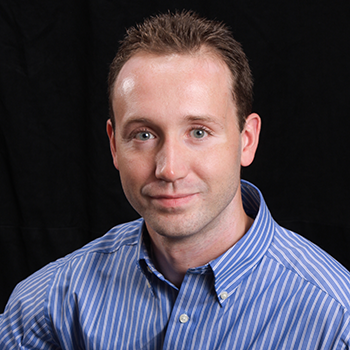
Jordan Greene, Appalachian State University 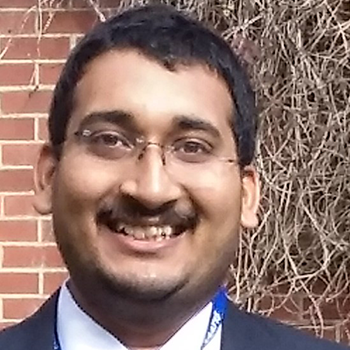
Shreyas Hegde, Duke University 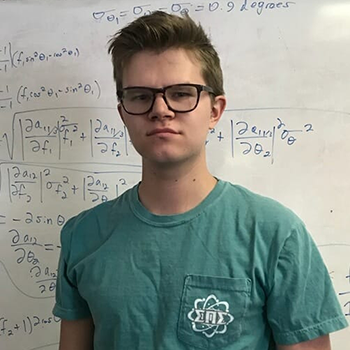
Nicholas Konz, University of North Carolina at Chapel Hill 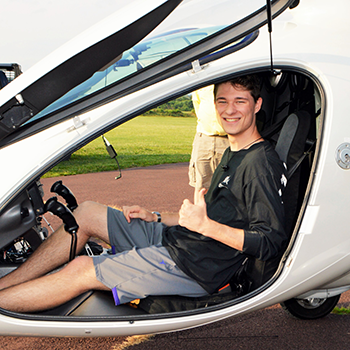
Ryan Lynch, North Carolina State University 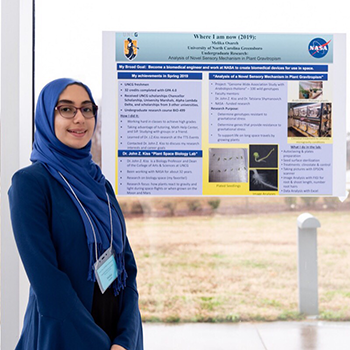
Melika Osareh, University of North Carolina at Greensboro 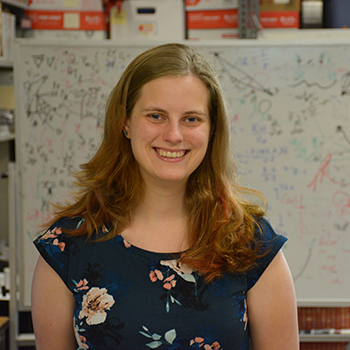
Daria Talaski, North Carolina State University
- Categories:


